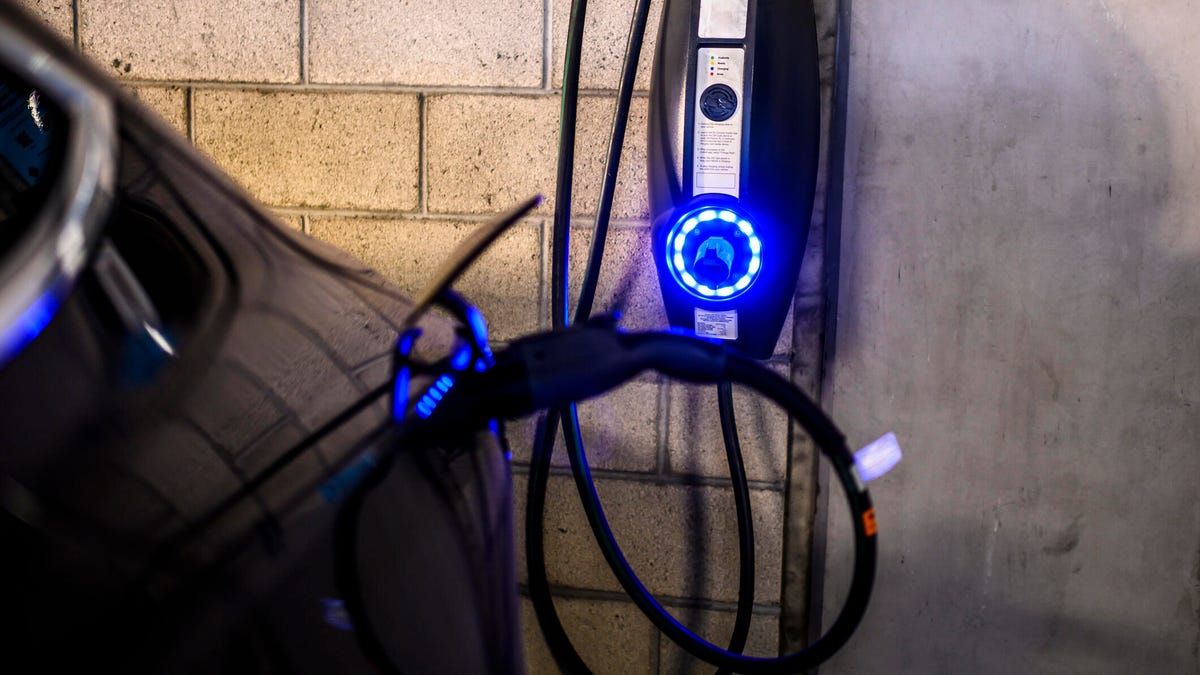Illinois Right to Charge Law Requires New Homes and Apartments to Support EV Charging
Under Illinois' Electric Vehicle Charging Act, new properties must be EV-capable starting in 2024. In addition, landlords and HOAs can't unduly restrict residents from installing EV chargers.

Illinois' new right-to-charge law allows residents to install an EV charger without unreasonable restrictions from landlords and HOAs.
Starting next year, new homes in Illinois will be required to support electric vehicle charging stations under a new state law signed by Gov. J.B. Pritzker on June 9.
Passed by the legislature in May, the Electric Vehicle Charging Act requires any house or multiunit building completed after Jan. 1, 2024, to have "at least one EV-capable parking space for each residential unit that has dedicated parking." (The law also applies to existing multifamily residential buildings that are being renovated.)
Originally, the measure required every spot to be fully EV-ready with a charger in place. That was eventually walked back to require them only to be EV-capable, with conduits that would allow a charger to be installed at a future date.
Read more: How to Maximize Your EV's Range and Efficiency
"If you had to retrench into a building after it was built, you're putting about a 75% additional cost on that," the bill's sponsor, Sen. Sara Feigenholtz, told WAND-TV. "It is incumbent upon us to have these conduits in."
Other states have also passed so-called "right to charge" laws, which prevent property owners, landlords and homeowner associations from unreasonably limiting residents' ability to install EV chargers. But Illinois is the first to mandate that new construction be EV-capable.
It's also the first that extends protections to renters.
Just days before the law was signed, the Illinois Environmental Protection Agency announced $12.6 million in grants for public EV chargers, part of Pritzker's goal of having Illinois use 100% clean energy by 2050.
Read on: Which Cars Qualify for the $7,500 Electric Vehicle Tax Credit?
"We're charging toward an electric future in Illinois," Pritzker tweeted. "Our state is putting a million electric vehicles on the road by 2030 and that begins by producing the infrastructure needed to support them. Now, let's keep our foot on the accelerator."
On the federal level, the $1.2 trillion infrastructure bill passed in 2021 set aside $7.5 billion for a national network of 500,000 public EV chargers by 2030.
Looking into buying an EV? Here are CNET's picks for the best EVs for 2023, as well as every EV ranked by range, and where you can charge while you go shopping.

